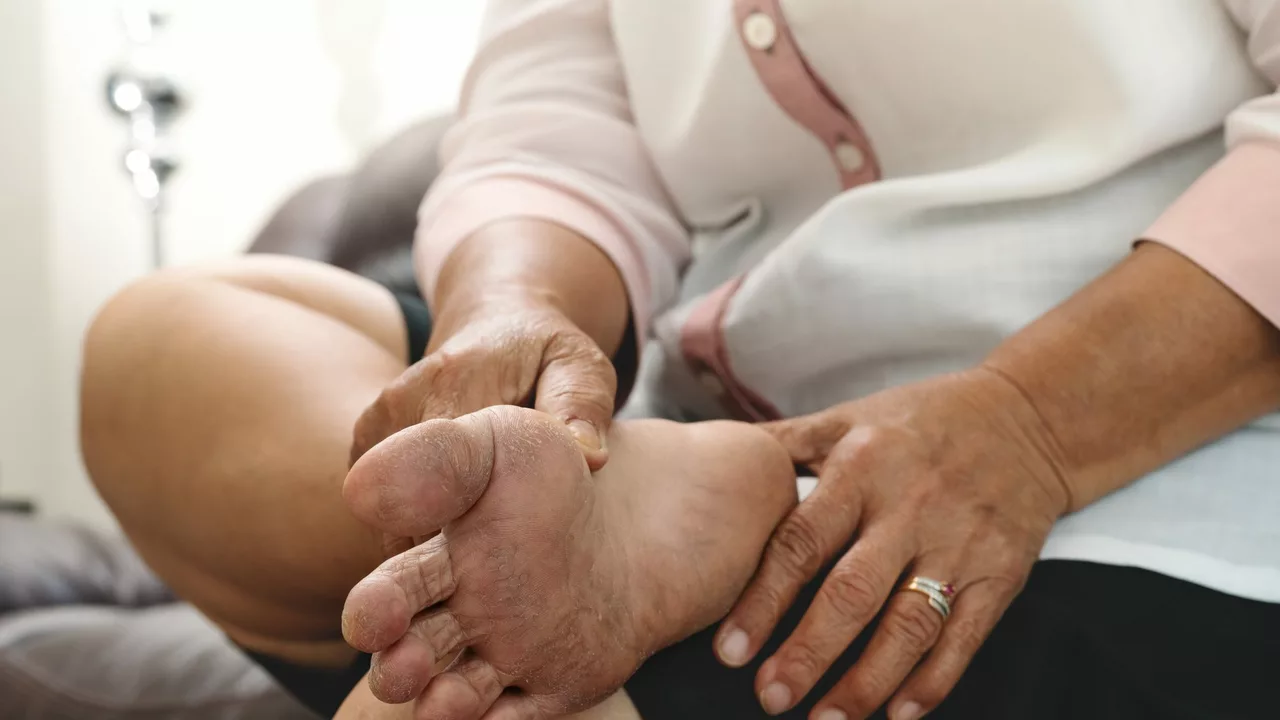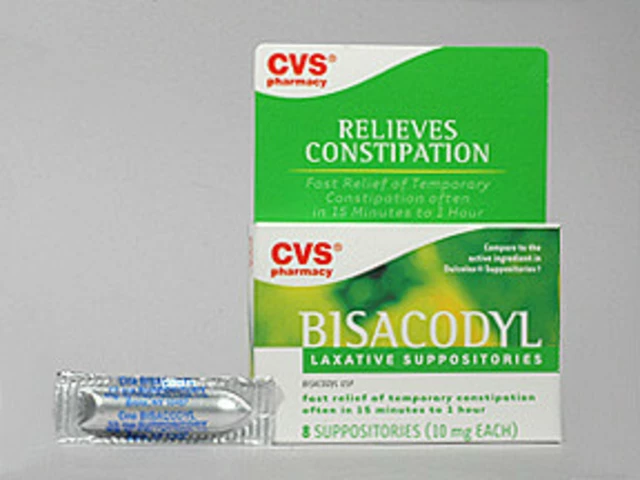Diabetes complications: what to watch and how to prevent them
High blood sugar does more than make you tired. Left unchecked, it slowly damages nerves, blood vessels, eyes, kidneys and skin. That’s why knowing the common complications and simple daily steps to reduce risk can change outcomes—and lives.
Common complications and quick signs
Here are the issues people with diabetes run into most and what to notice fast:
Neuropathy (nerve damage): numbness, tingling, burning or pins-and-needles in feet or hands. Early on you might feel less heat, cold or pain—this raises the chance of unnoticed cuts and infections.
Retinopathy (eye damage): blurry vision, floaters, or sudden vision loss. Often painless at first, so regular eye exams are key.
Nephropathy (kidney disease): no clear symptoms early. Your doctor checks urine for protein and eGFR to catch issues before they get serious.
Cardiovascular disease: heart attacks and strokes are more likely if blood sugar, blood pressure, and cholesterol aren’t controlled. Watch for chest pain, shortness of breath, sudden weakness, or slurred speech.
Foot problems and infections: persistent sores, redness, swelling, or bad-smelling discharge need urgent care. A small blister can turn into a big problem if you have poor circulation or neuropathy.
Practical steps that actually help
You don’t need perfect numbers to make a difference. Start with these high-impact actions:
Control blood sugar: stick to meds, check glucose as advised, and aim for the target your clinician sets. Small, consistent improvements lower long-term risk.
Manage blood pressure and cholesterol: these matter as much as blood sugar for heart and kidney health. Take medications and follow diet and activity advice.
Daily foot checks: look for cuts, blisters, redness or swelling. Wear well-fitting shoes and never walk barefoot if you have neuropathy.
Get screened: annual eye exams, kidney tests (urine albumin, eGFR) and foot exams catch problems early when they’re easiest to treat.
Quit smoking and move more: smoking speeds up blood vessel damage. Even 20–30 minutes of brisk walking most days helps circulation and blood sugar control.
Vaccines and infection care: flu, COVID, and pneumonia vaccines reduce complications. Treat infections early—don’t assume a sore will resolve on its own.
If you take medications, know their effects and risks. For example, drugs like canagliflozin can be part of diabetes care—talk to your doctor about benefits and safety. Read more on medication options and safe buying tips in related guides on our site: Canagliflozin: An Essential Guide for Diabetes Management and Your Guide to Buying Glyburide Online.
When to call a doctor right away: sudden vision changes, chest pain, shortness of breath, new or spreading redness or swelling, a foot ulcer that isn’t healing, or fever with high glucose. These can be emergencies.
Small habits add up. Keep track of numbers, get regular checks, care for your feet and eyes, and talk openly with your care team. That’s the best way to avoid the serious stuff and stay independent longer.
Hey guys! Ever wondered why your diabetic uncle seems to wobble like a weeble? Well, it's not because he's trying out for a circus act, it's likely due to Diabetic Peripheral Neuropathy (DPN). This tongue-twister of a condition can cause balance issues because it damages nerves in the feet and legs. This nerve damage can lead to a loss of sensation, making it tricky to keep upright! So, next time you see uncle bobbling, you'll know it's not a secret talent, but something he's courageously managing.
View Details

